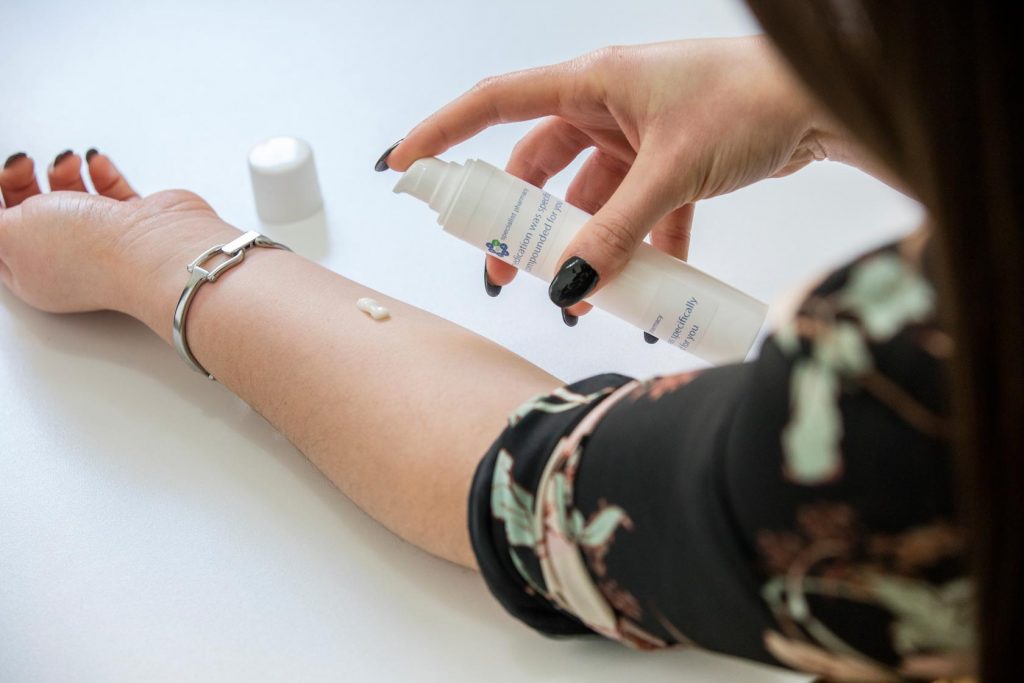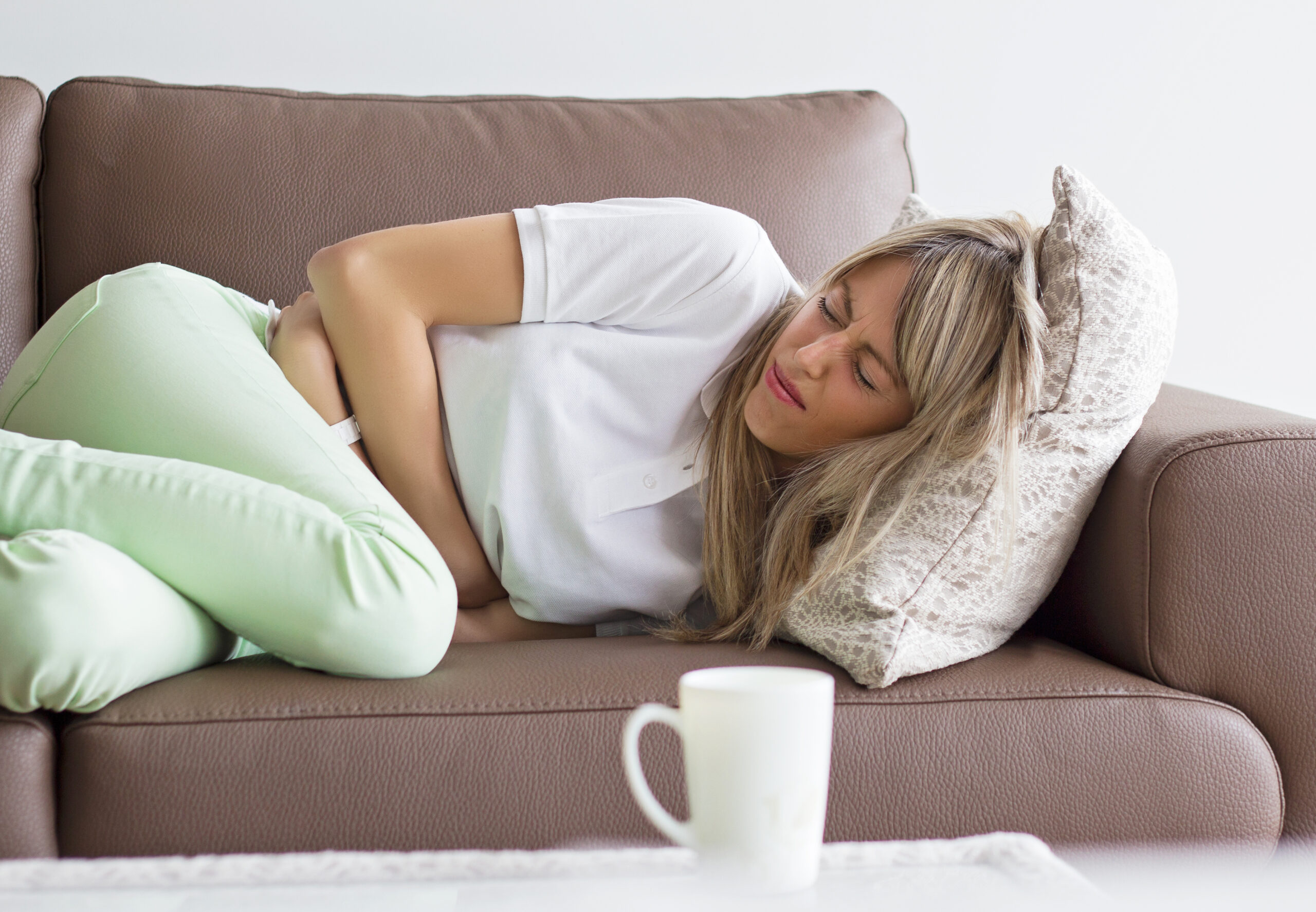Testosterone is a sex hormone and an anabolic steroid, and although it is typically considered to be a male hormone, it is also essential for healthy hormone balance in women. In men, it is produced in the testes and in women by the ovaries, with women having around a tenth of that seen in men.
It is also made by the adrenal glands in both men and women. Additionally, the body can produce testosterone by converting other androgens, weaker sex hormones, into its active form.
Why is Testoserone Important?
Testosterone influences a wide range of physical and emotional functions in both men and women. It contributes to:
- Increased libido and sexual function
- Higher energy and motivation
- Improved mood and mental clarity
- Greater muscle mass and strength
- Enhanced bone density
- Better memory and cognitive function
What Does Testosterone Do For Women?
For women, this hormone has many and varied benefits. For instance, during pregnancy, it plays an essential role in the development of the embryo, signalling that a male embryo should develop as a boy. It is also key in the emotional and mental state of both men and women. When children go through puberty, for example, testosterone causes the growth of hair on the body and gives a healthy glow to the skin and hair.
Low levels can have a very dramatic effect on the body, with testosterone deficiency leading to:
- weight change
- aches and pains in the joints
- reduced libido
- fatigue
- muscle loss
- loose skin
- depression
- osteoporosis
In menopausal women, levels decrease which can lead to lowered libido, a decreased sense of well-being and a loss of energy as well as all of the symptoms described above. Low levels are often associated with fluctuations of other hormones in the body, for example, women with low testosterone also often have low levels of DHEA.
Low Testosterone in Men
It may come as a surprise to many, but men experience a ‘male menopause’, or andropause, which happens as their testosterone levels naturally decline with age. This happens from the age of about 30 and symptoms arise when their levels drop below a certain level, although this level is different for each man.
Testosterone and Bioidentical Hormone Replacement Therapy (BHRT)
As the fluctuation in testosterone levels can lead to a number of different symptoms in both men and women, it is important for anyone experiencing symptoms to seek out expert consultation and subsequent testing to ascertain whether or not their symptoms are linked to this hormone. If this is the case, then appropriately supplementing the levels of testosterone in the body can help treat these symptoms. Bioidentical testosterone can be used to increase libido, improve mood and even improve muscle mass and is the form of low testosterone treatment we use here at Marion Gluck.
Frequently Asked Questions About Testosterone
Are there natural ways to boost testosterone?
Yes. Lifestyle changes like improving sleep, reducing stress, maintaining a healthy weight, and exercising regularly can support healthy testosterone levels. However, if you are experiencing a significant hormone imbalance, these natural methods are usually not enough on their own. In such cases, bioidentical hormone therapy is a highly effective treatment and provides lasting relief from symptoms.
How is bioidentical testosterone different from synthetic testosterone?
Bioidentical testosterone is chemically identical to the hormone your body naturally produces. Because of this, it is generally better tolerated and has fewer side effects than synthetic forms. At the Marion Gluck Clinic, we only use bioidentical hormones as part of our personalised approach to hormone therapy.
Can both men and women benefit from testosterone?
Yes. While testosterone is often associated with men, women also benefit greatly from balanced hormone levels. In women, testosterone can help with libido, energy, muscle tone, mood, and mental clarity. In men, it helps combat symptoms of andropause such as fatigue, low sex drive, and muscle loss.
Can you combine testosterone with other hormone treatments?
Yes. At the Marion Gluck Clinic, we take a holistic, personalised approach to hormone health. Testosterone therapy is often combined with other bioidentical hormones, such as estrogen, progesterone, or DHEA, to create a balanced treatment plan tailored to your unique needs and symptoms.
Are there any side effects of testosterone?
Side effects are uncommon when testosterone is prescribed and monitored by experienced doctors. However, they can include mild acne, increased facial hair in women, or changes in mood if doses are too high. For these reasons, regular monitoring of your levels is key. We tailor treatment to your body’s needs and adjust as necessary to keep you feeling your best.
How can I test if I have low testosterone?
At the Marion Gluck Clinic, we test for low testosterone using a simple blood test. This measures your total and free testosterone levels, along with other important hormones like estrogen, progesterone, and DHEA to give a full picture of your hormonal health.
If you are experiencing a hormone imbalance and are looking for a low testosterone treatment that is prescribed by expert hormone doctors, then book an online consultation now.




